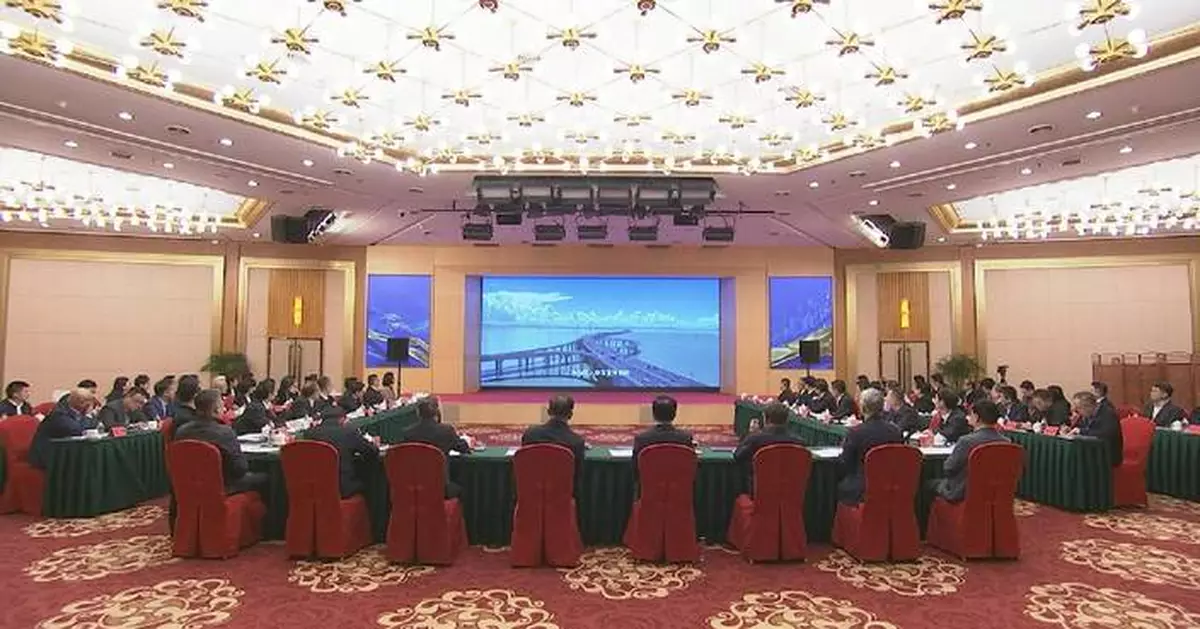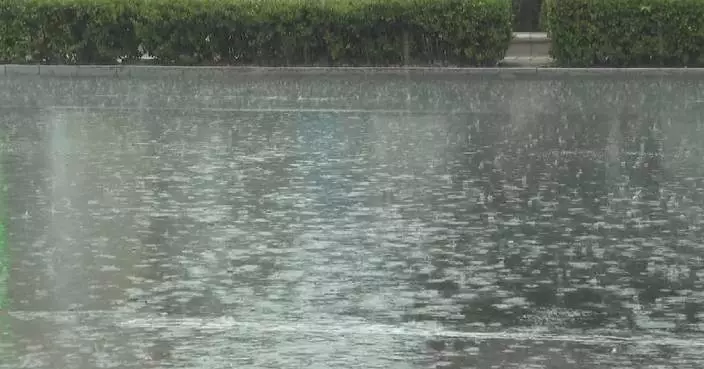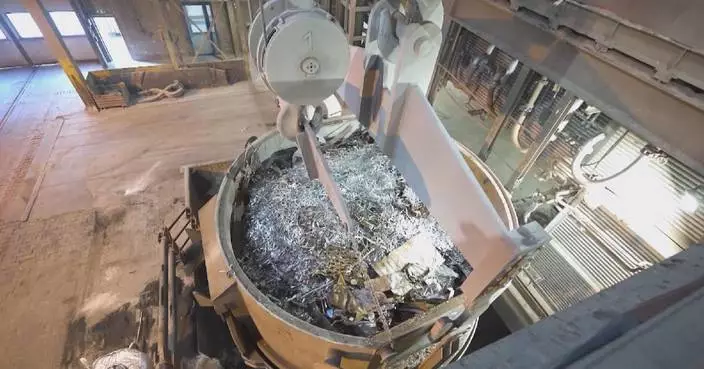A seminar focusing on a feature program on the economic thought of Chinese President Xi Jinping was held on Tuesday in Beijing.
The 14-episode program is the first television feature program that systematically expounds Xi's economic thought. It is jointly produced by China Media Group (CMG) and the National Development and Reform Commission.
The program systematically sorts out the historic achievements and changes that have taken place in China's economic development in the new era under the guidance of the theory.
Explaining the core, rich connotations, and practical requirements of Xi's economic thought, the feature program is a vivid educational resource for society to learn and understand his thought.
Since its premiere on March 24, the program has generated a strong response, with related reports garnering over 403 million views across multiple media platforms. It received high praise from audiences both domestically and internationally.
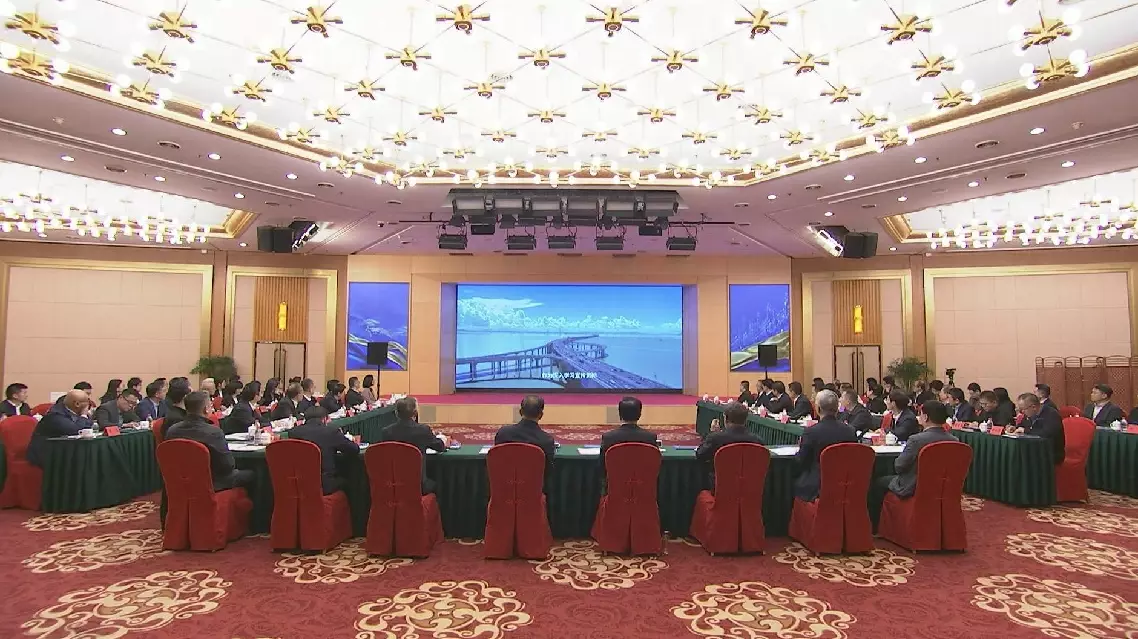
Seminar held to discuss feature program on Xi's economic thought
The Yangtze River has seen sustained restoration of aquatic biodiversity since the implementation of a fishing ban, with concrete policies and measures leading to phased achievements, according to the Chinese Ministry of Agriculture and Rural Affairs.
China started to implement the fishing ban in the Yangtze River Basin in 2021 to accelerate the ecological restoration of its aquatic biodiversity and water environment.
Over the past four years, the Ministry of Agriculture and Rural Affairs has been actively rescued flagship species in the Yangtze River, including Chinese sturgeon, Yangtze finless porpoise and Yangtze sturgeon, leading to the continuous recovery of aquatic biodiversity.
"Monitoring data showed that, from 2021 to 2024, a total of 344 native fish species were recorded in the Yangtze River basin -- 36 more species than during the pre-fishing ban period from 2017 to 2020. The aquatic biological integrity index in key water areas of the Yangtze River has shown significant improvement," said Yi Yanrong, deputy director of the Yangtze River Basin Fishery Supervision and Management Office of the Ministry of Agriculture and Rural Affairs.
Meanwhile, the resettlement and support policies for fishermen who have retired from fishing have been effectively implemented.
A total of 145,000 the retired fishermen with the ability and willingness to work have been reemployed, while 220,000 eligible retired fishermen have been enrolled in basic pension insurance, with 12,000 fishermen facing livelihood difficulties included in the subsistence allowance system.
Over the past four years, the Ministry of Agriculture and Rural Affairs, in collaboration with the Ministry of Public Security and the State Administration for Market Regulation, has strictly cracked down on illegal fishing, maintaining overall stability in fishing ban management.
The latest data showed that in 2024, the number of administrative cases related to fishing dropped by 24.7 percent year on year, and in the first quarter of 2025, it decreased by 3.3 percent year on year. The law enforcement and management of relevant authorities have maintained a strong deterrent and high pressure on such cases, effectively curbing general illegal and non-compliant activities.
However, as fishery resources gradually recover, the lure of illegal fishing profits has increased. Criminal gang activities have started to rise, and the underground industry chain of "catching, transporting and selling" has become more concealed.
"We will work together with the Ministry of Public Security and the State Administration for Market Regulation to focus on investigating and cracking down on organized, large-scale and chain-like illegal criminal groups, resolutely cutting off the underground industry chain of illegal catching, transporting and selling [of Yangtze River fish]. We will strengthen law enforcement capacity building, actively promote reward-based reporting systems, improve public participation in crime prevention and control, standardize the management of angling activities by combining regulation and guidance, and carry out the cleanup and rectification of prohibited fishing gear, further eliminate risks and hidden dangers in the fishing industry," said Yi.
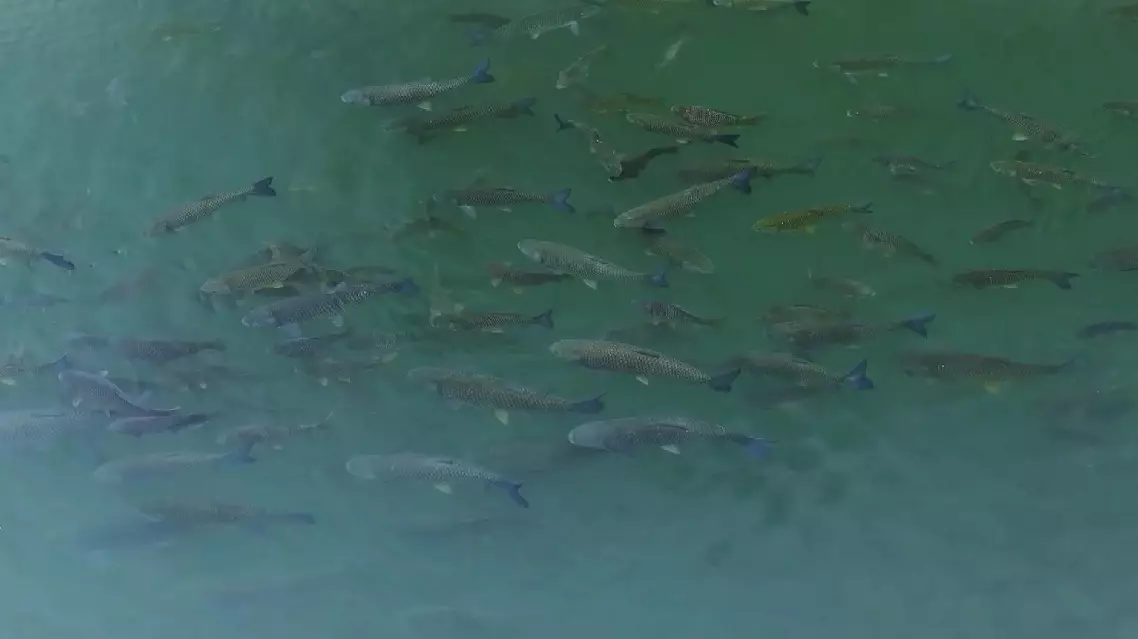
Yangtze River sees continuous aquatic biodiversity recovery since fishing ban



